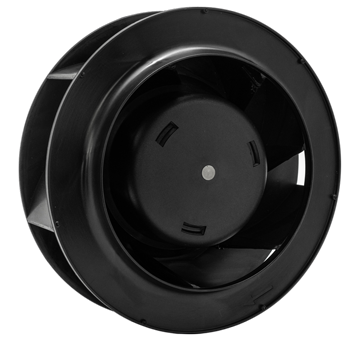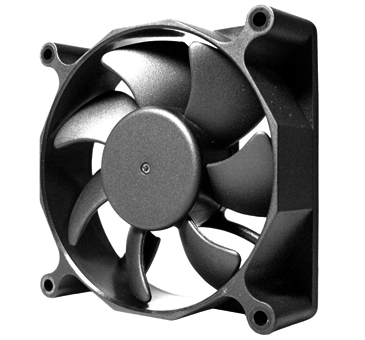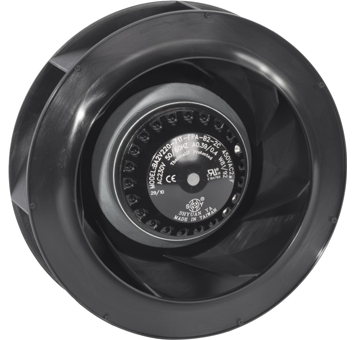Comparative Analysis of DC vs. AC Cooling Fans: Which is Best for Your Business?
In the diverse world of industrial cooling solutions, the choice between Direct Current (DC) and Alternating Current (AC) fans is crucial. This article provides a detailed comparison to help businesses make informed decisions based on their specific needs.
Understanding DC and AC Fans
DC fans are powered by a constant voltage, making them more efficient and quieter than their AC counterparts. They are typically used in applications where low power consumption and variable speed control are necessary. AC fans, on the other hand, operate
on an alternating voltage, which is standard in most industrial environments. They are generally more robust and ideal for applications requiring high airflow.
Energy Efficiency
DC fans are up to 70% more energy-efficient than AC fans. This efficiency not only reduces operating costs but also contributes to a greener environment. For businesses concerned with energy conservation and cost-effectiveness, DC fans are the preferable choice.
Cost Considerations
While DC fans are more expensive upfront, their lower operational costs can lead to greater savings over time. AC fans are typically cheaper to purchase but can be more costly to operate, making them suitable for businesses prioritizing initial investment
over long-term savings.
Performance Capabilities
DC fans provide superior control over fan speed, allowing for a more precise management of cooling and noise levels. This makes them suitable for sensitive environments like data centers or laboratories. AC fans excel in environments where a constant and
powerful airflow is needed, such as in manufacturing facilities or commercial buildings.
Durability and Maintenance
AC fans are known for their durability and minimal maintenance requirements, making them well-suited for harsh industrial environments. DC fans, while requiring more sophisticated control systems, offer longer operational life under optimal conditions.
Applications
DC fans are commonly used in telecommunications, server rooms, and electronics cooling, where their precise control and efficiency are beneficial. AC fans are favored in HVAC systems and heavy industrial applications where high durability and airflow are required.
The choice between DC and AC cooling fans largely depends on specific business needs. For energy efficiency and control, DC fans are the ideal choice. For robust performance and cost-effectiveness in demanding environments, AC fans may be more suitable. Businesses should consider their operational priorities and environmental conditions when selecting the right type of cooling fan.



.png)


.jpg)